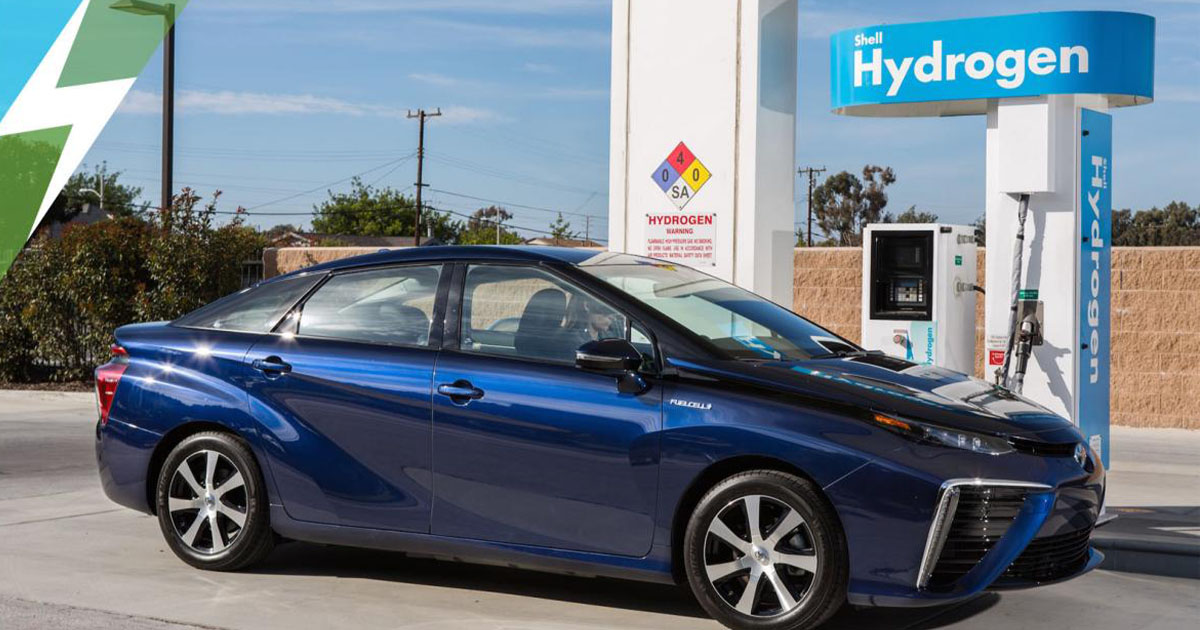Are Hydrogen Fuel Cells Really the Future of Transportation and Is Better Than Evs?

We have been using fossil fuels enormously. It is limited and its large use is also not good for our atmosphere. As fossil fuels are used in almost all industries and transportation means, we should look for more healthy and reliable alternatives. Yes, electricity seems to be the best alternative but there can be setbacks for electric vehicles. So, we also have another technology, the hydrogen fuel cell technology as an alternative. Before getting into hydrogen fuel cell technology, let’s first know about electric vehicles.
Electric Vehicles

In petrol and diesel vehicles, the engines are complicated and dangerous to use in many aspects. But electric vehicles are much simpler than that. Only with a battery as fuel with a motor and programmed control unit, you will get your vehicle running. It’s that simple. It also emits 0% harmful gases, unlike combustion engine vehicles. The maintenance cost is low and electricity is much cheaper than petrol and diesel and easily available. It’s probably the best technology we can use for transportation. But, is it more practical?
Electric vehicles take longer to charge. It has a shorter working range or mileage. There are not many charging stations for now. These are the basic points that customers want in a vehicle, in which petrol engines easily outstand the EVs. So, it’s not practical to rely on EVs completely in this busy world. Tesla is making cars with long ranges along with fast chargers. But fast chargers with 30 – 45 minutes are not much faster in comparison to petrol refuelling. Now it’s where hydrogen fuel cells come at the top. The technology doesn’t do much harm and takes similar time for refuelling as the petrol engines.
Hydrogen Fuel Cells Technology
Fuel cells use hydrogen to produce electricity, emitting water vapour and warm air. A fuel cell is composed of two plates separated by an electrolyte membrane. One plate is called an anode whereas the other is called a cathode. Hydrogen enters through an anode and combines with oxygen on the other side to form water. But electrolyte in between anode and cathode lets only positive ions get through it. So, there is a catalyst in the anode, which separates electron (-) and proton (+) from hydrogen. The protons will take the straight path to the cathode through the electrolyte. But electrons should take another path independently. Electrons independent movement in a straight path from electricity. So an electric circuit is made for electrons to travel to the cathode. It and runs a motor or whatever the circuit is connected to. Then the electrons reunite with the proton and combine with oxygen to form water.
A sack of fuel cells is required to operate big machines like cars, trucks etc. Toyota is the first car company to come up with the idea. It launched its first hydrogen fuel cells car in 2020. Japan has got the highest number of hydrogen fuel stations. Around 134 operational hydrogen fuel stations are in the country.it takes around 5 minutes for refuelling, which is more practical than EVs.
Every positive thing comes with bad sides and hydrogen fuel cells vehicles too. Hydrogen is a highly flammable gas. It is pretty much similar to petrol or can be more dangerous than that. So it requires tight storage with no chances of leakage. Its efficiency is approx. 20% less than EVs and petrol engines. The warm air which fuel cells emit along with water consists of nitrogen oxide (NO) but in less quantity. Nitrogen oxide gas directly harms human health and the atmosphere.
Conclusion
I personally don’t think hydrogen fuel cells can be the future. It is similar to the petrol engines we use today, with less efficiency and more risk to our lives. Electric vehicles may take our time but are very unlikely to take our lives with fire. Electric vehicles are more likely to be our future with the current scenario but with more advancement in hydrogen fuel cells, it can just be the opposite case. But let’s see what the future holds.